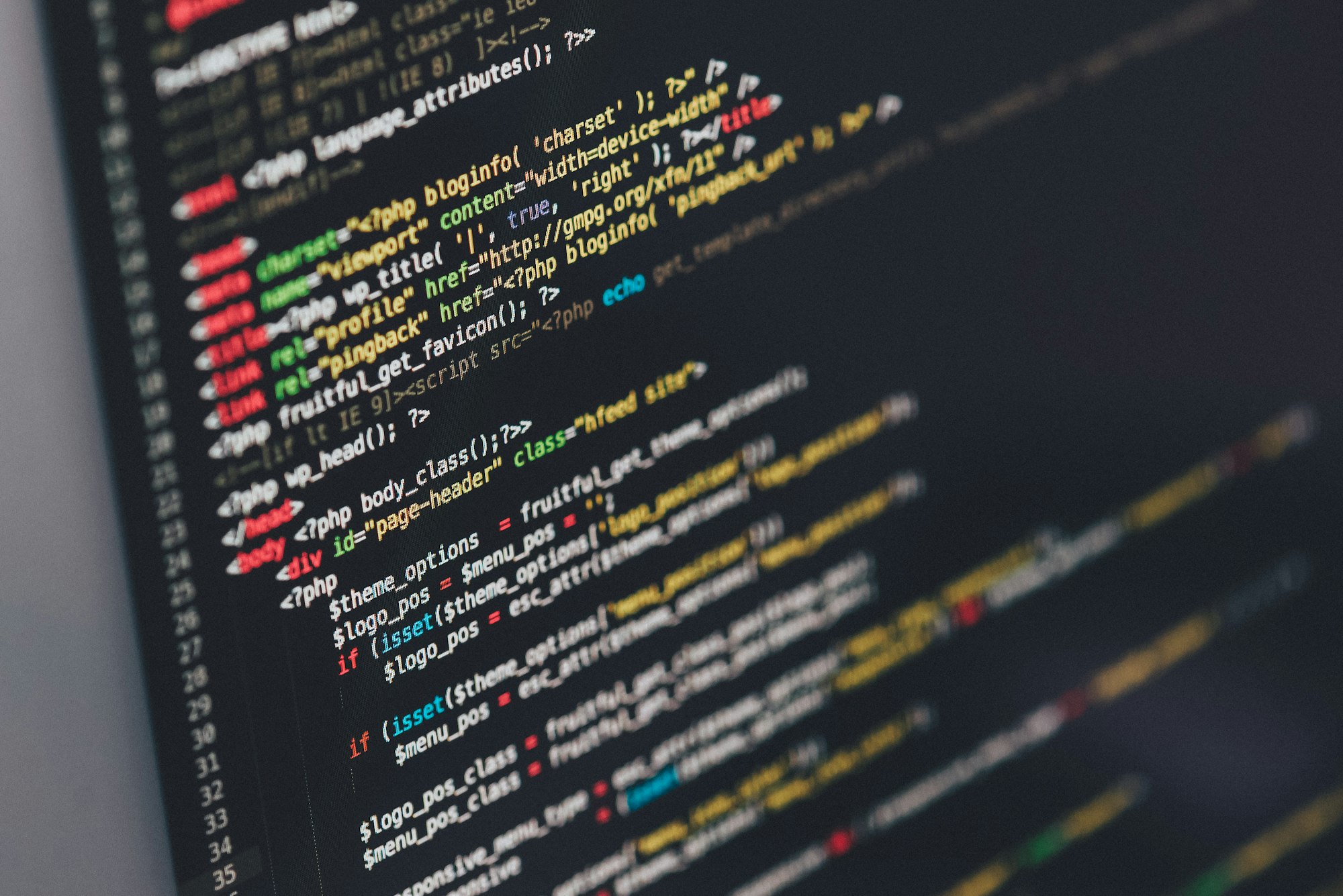Why Technology Feels Stagnated

Software ate the world. Now what?
Where are all the actual new technologies?
The last major breakthrough in consumer technology feels like it was 20 years ago. Every piece of tech is now just a derivative of the iPad. Consumer software development has become the focus because it helps sell these electronics.
Apps and games are what drive the market for new game systems and phones, (not to mention "planned obsoletion"). Even the simple treadmill has become a software delivery device. Your fridge didn't need a computer, yet they shoved one in there.
Why?
Because software is "free" to produce, the only input is skilled human labor and a text editor (to oversimplify vastly). But new fridge apps don't really add much value to our lives, or solve any challenges, do they?
An app isn't going to do your dishes, wash your car, or walk your dog.
Email, texting, online banking, video chat, social media... these are all decades-old technologies. They've stuck around because they're actually useful, they solve problems in our lives. But software is reaching the limits of what it can actually do on its own through the medium of a screen.
Wearable technology, while it has a market in the billions, hasn't been transformative in the way it could have been because all smart items are essentially an extension of the smartphone. They are accessories to a more expensive item.
Drones are probably the most impactful "gadget" innovation of the last decade. While there's no doubting the usefulness of gyrocopters for photographers, search and rescue workers, and other professionals, the "home drone" has yet to arrive.

This can be attributed at least partly to the "battery problem." Our tech is being held back by lithium-ion batteries still being the best option for mass-produced electronics.
But also, there's been a huge surge in the number of software careers available, as well as the massive amount of coding resources online. Software development is accessible, "easy", and profitable. But what about robots? What about flying sh*t?
Trying to determine the number of software developers to the number of robotics engineers is difficult. But we can assume that A. there are many more software developers than "gadget" engineers and that B. there are more software development graduates each year than product engineers.
And now, the world is gripping with the future of the supply chain. Our tech relies on natural resources and human labor (often in slave-like conditions). But that global supply chain has proven fragile, and perhaps not ready to handle more consumer goods. What if everyone wanted a personal robot to go along with their iPhone?
Without major breakthroughs in energy - material science - and manufacturing, it's hard to see the gleaming techno-utopia where we all live on UBI and sip soylent while robots and AI do all of the jobs.